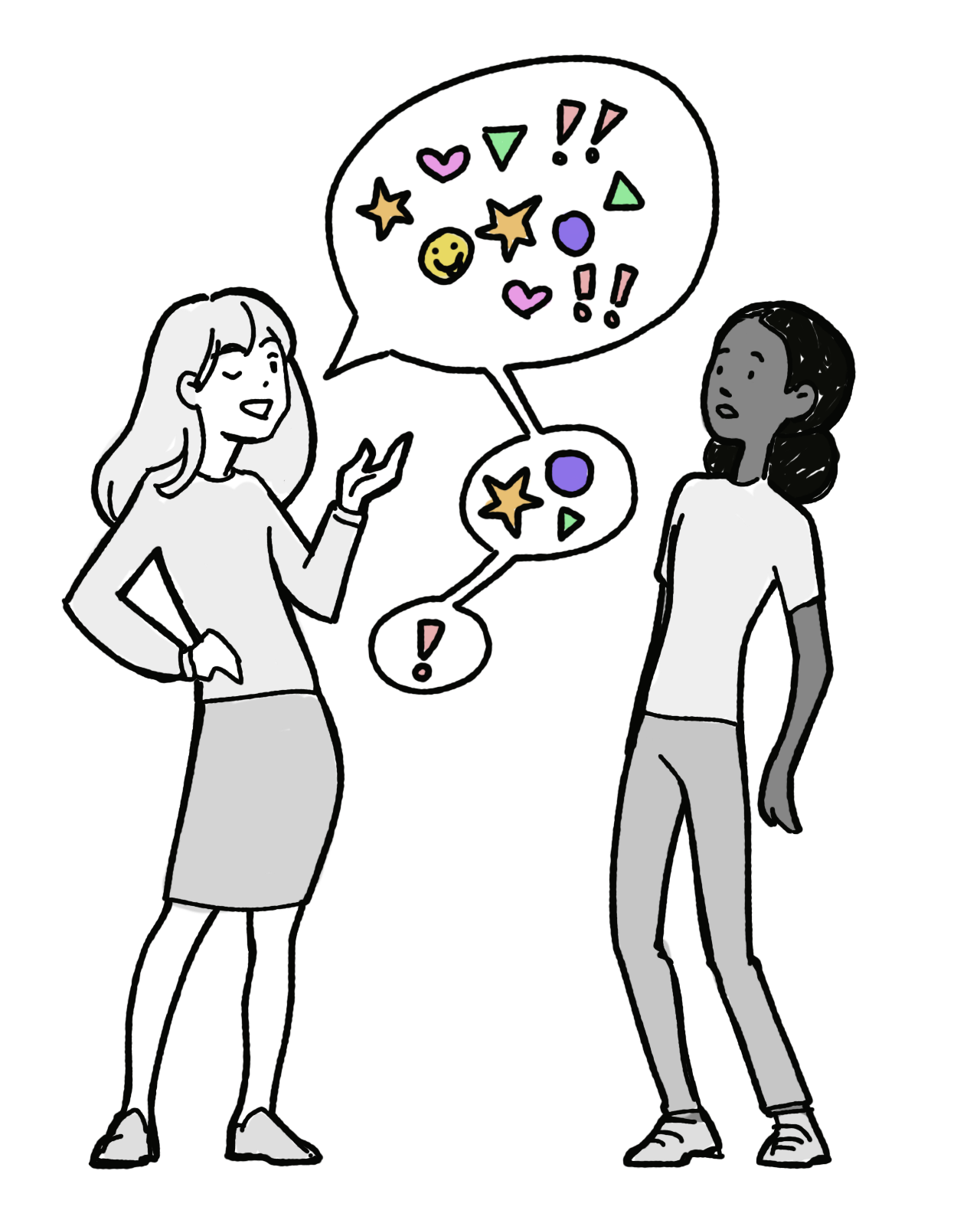We all have our own distinctive ways of speaking—from our accents to the things we choose to talk about. The way we talk in real life, our personal voice, is kind of thumb print for who we are.

Writers sometimes like to capture a distinctive character voice through dialogue.

